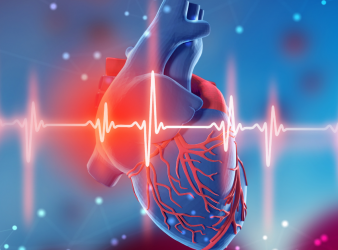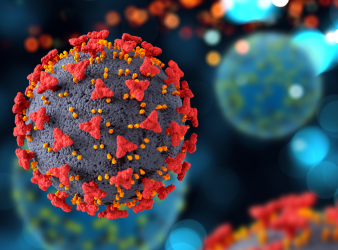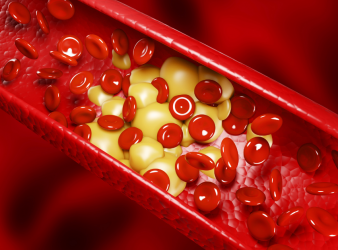
Author: Rachel Paul
According to a study published today (Thursday) in the European Heart Journal, people who use.
On December 22, 2023, a new editorial piece titled “One more step toward treatment of.
A groundbreaking study led by Dr. Mehdi Razavi at The Texas Heart Institute (THI) in.
A plant-based or vegetarian diet is associated with a 39% decreased risk of COVID-19 infection,.
Researchers examined the structural and functional properties, traditional and modern applications, modes of action, toxicity,.
Berdazimer gel 10.3% was approved by the Food and Drug Administration (FDA) on January 5.
Prof. Shishir Shakya of Appalachian State University and a Visiting Research Fellow from West Virginia.
Many of us overindulged in the wrong foods over the holidays, seldom leaving the couch..
Malaria detection in persons who do not have symptoms is critical to public health initiatives.
After asking the LLM to assess 100 random case studies, a trio of doctors from.









